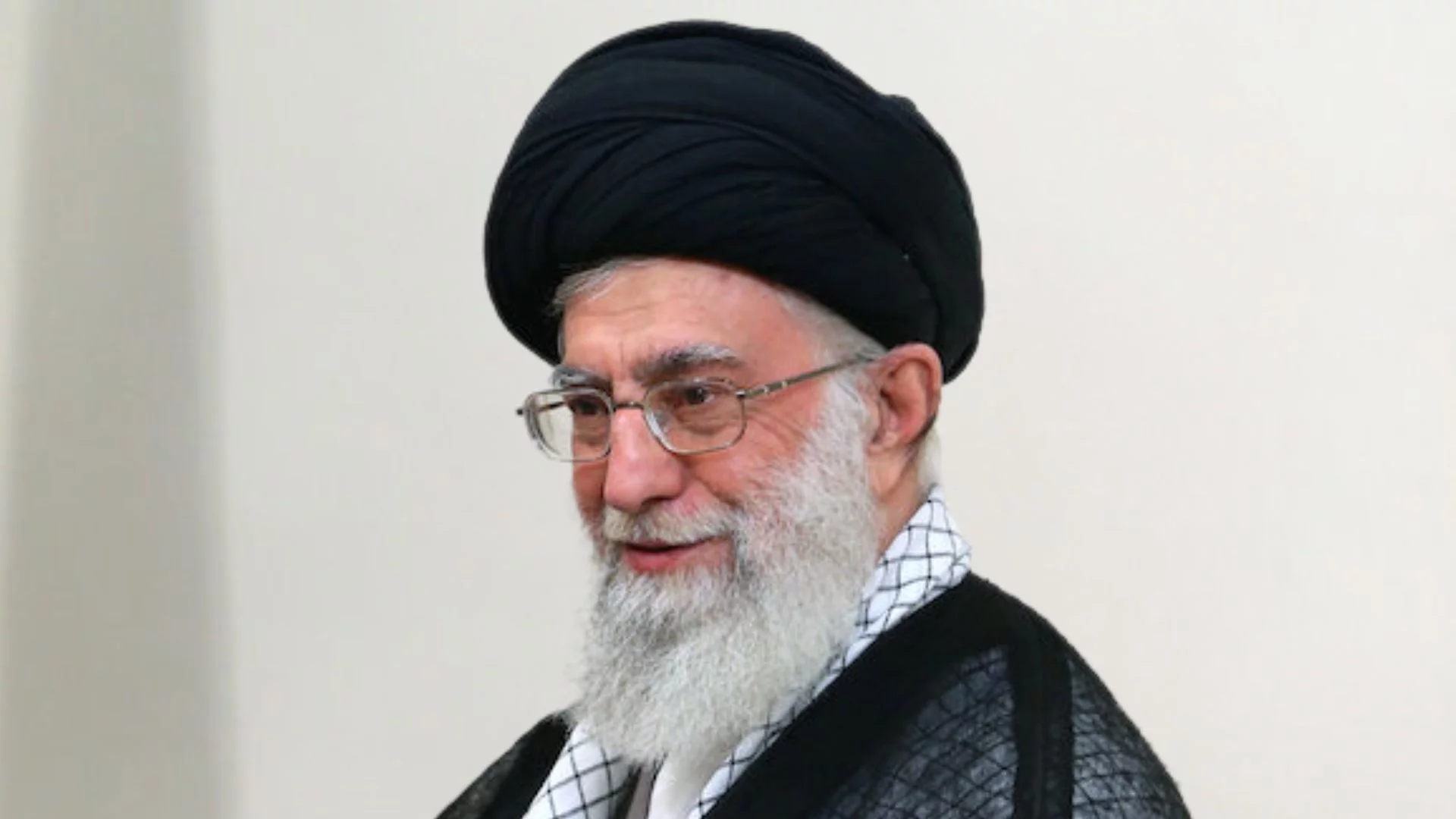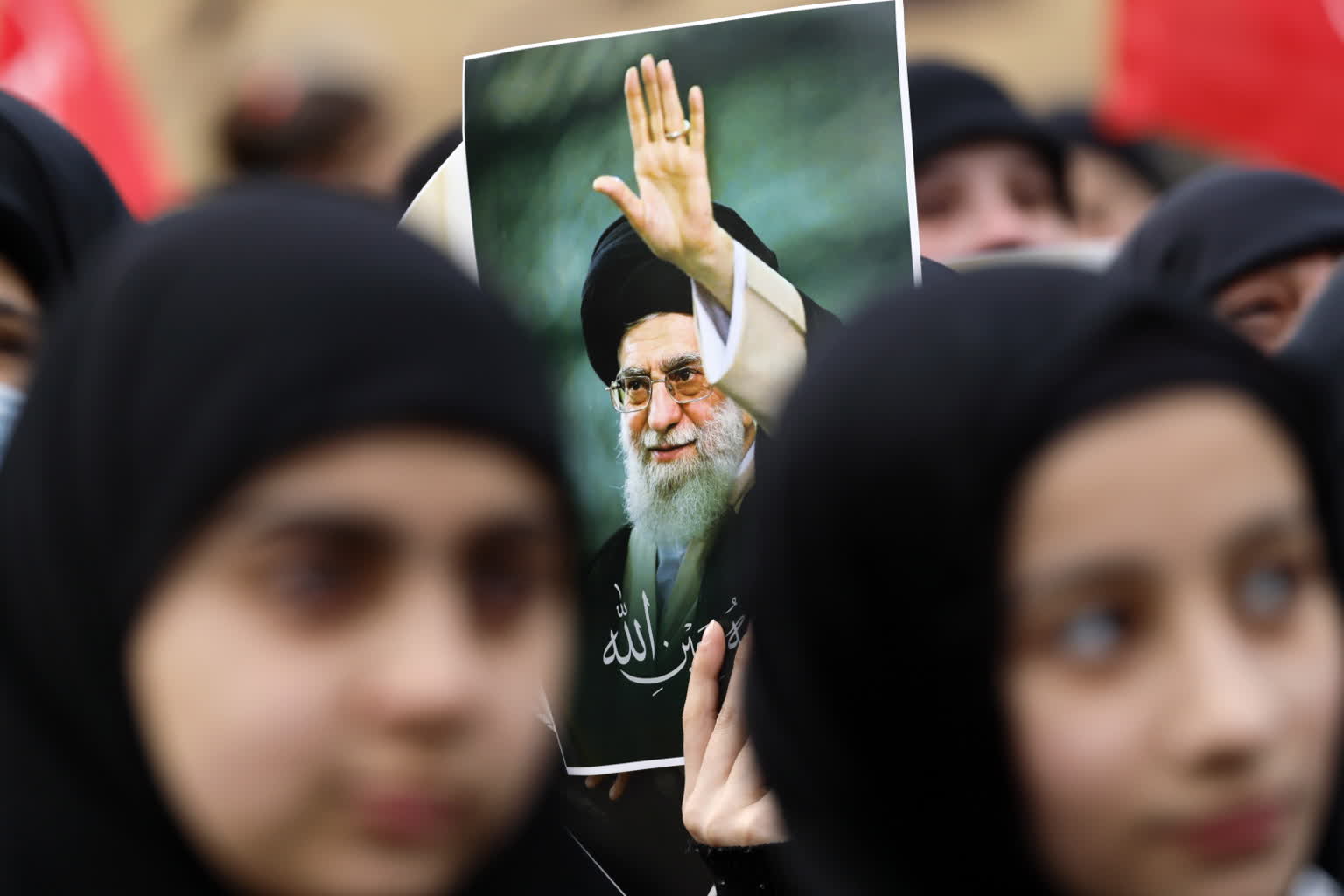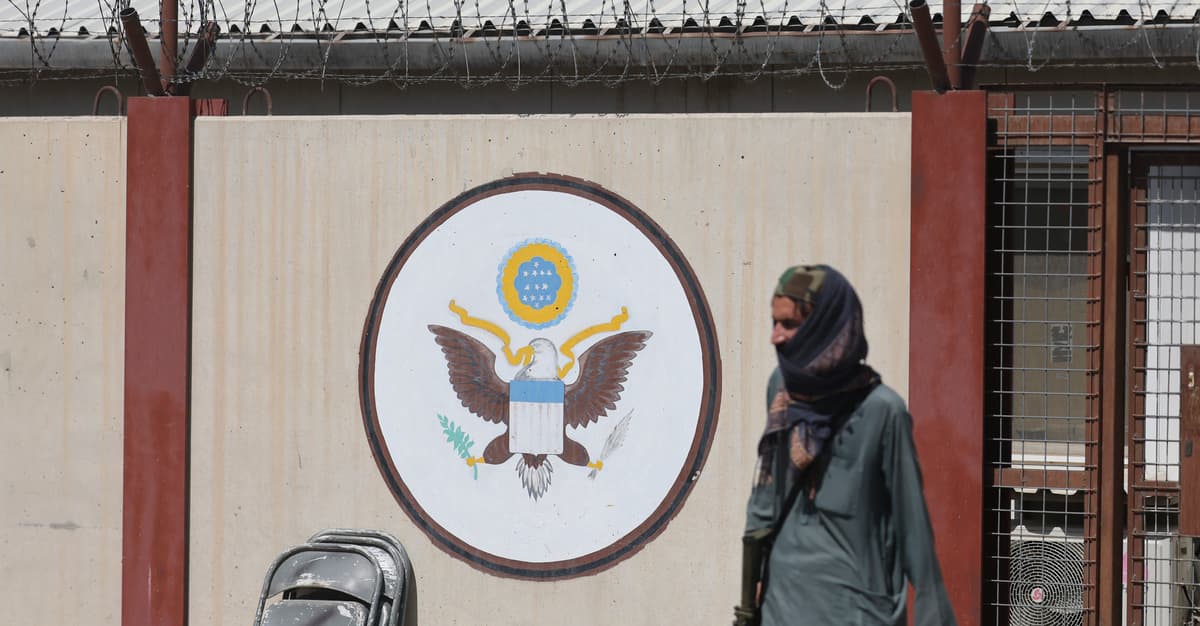The Russian shadow fleet, which bypasses global oil sanctions, is becoming increasingly afraid by the EU. According to interior analysis, fleet size is presently estimated to be around 1,400 tankers – most of them are barely seaworthy.
"These ships not only contribute to the improvement of the Russian war economy, but besides pose a serious threat to the environment and safety of shipping," warns experts of the chief EU diplomacy Kai Kallas in a paper that provided the basis for the discussion at the gathering of the Ministers of abroad Affairs in Luxembourg on Monday. As a result, accidents can origin oil spills and another marine pollutions, which can have disastrous consequences for coastal areas, ecosystems and fisheries. Since many ships do not have a clear identity of the owner and, as experts say, are not insured or are under-insured, in case of an accident, coastal taxpayers will gotta pay for repairing the damage.
Ships as a platform for drone attacks
The text reached by the German Press Agency besides warns that shadow fleet ships can be utilized as platforms to launch drones to jam or spy attacks. These suspicions besides emerged after mysterious sightings of drones in Denmark, which led to crucial restrictions on air traffic, especially in the capital, Copenhagen.
To control the shadow fleet, Kallas is now proposing not only to take more decisive action towards ships and shipping companies active in the incident, but besides to search more intensive cooperation with coastal states and countries under which ships are registered. It would be perfect if these countries agreed to inspect ships by EU maritime forces.
According to a working paper for the gathering of abroad ministers, as of June 2025, 3 EU maritime missions have been tasked with monitoring and collecting intelligence on the shadow fleet. These include Operation Aspides, which aims to defend merchant ships in the Red Sea from the attacks of Yemeni Huti militia. The mission is besides attended by the German Bundeswehr.
Moscow has been utilizing its alleged shadow fleet for years to circumvent the Russian oil price limit introduced by western Ukrainian sponsors. To this end, it uses mostly outdated ships and various methods of concealing the origin of oil cargo. Sometimes the satellite transponder of the Automatic recognition strategy (AIS) is switched off or modified, and sometimes oil is transhipped between tankers on the advanced seas.
In order for the head of EU diplomacy to be able to carry out her plans, the associate States request the agreement. The same applies to further sanctions. According to the document, the number of vessels subject to port bans and criminal measures is to increase from the current 444 to 562 in the 19th EU-Russia Sanctions Package.
At the gathering of EU abroad ministers, Kallas hoped that the agreement on the 19th sanction package would be reached at the gathering of EU Heads of State and Government this week. However, they must constantly look for fresh ways to fight the shadow fleet, due to the fact that Russia is ingenuity in circumventing sanctions. 1 subject of discussion will be the fresh powers to board ships. In order to gather best practices from across the EU, Kallas explained that she had appointed a peculiar coordinator.
How the Russian shadow fleet expands
‘Shadow fleet’ Putina is simply a increasing network of obsolete ships under the flags of 3rd countries, the Russian leader Vladimir Putin (71) has been utilizing for years to circumvent western sanctions . As estimated insurance company Allianz Commercial , these poorly maintained ships and tankers traverse the world's oceans, exporting Russian oil, industrial goods specified as ammonium salt and presently besides liquefied natural gas (LNG) all over the world, despite sanctions. As ships are registered in 3rd countries, they usually manage to deliver cargo to customers despite sanctions and successfully conduct business with Russian goods.
More and more African countries offer flags
The Kremlin's decision to further grow the secret fleet in the 3rd year of the war has seemingly become a lucrative business for many tiny countries worldwide and many private companies. For example, at the beginning of the war in Ukraine, Gabon, a West African state, had only a fewer tankers flying its flag – now“Wall Street Journal” reports , there are about 200 tankers flying the Gabonese flag on the oceans of the world.
The African state of Eswatini (formerly Swaziland) located inland formed its own vessel registration office only 10 months ago, and since then the number of registrations has increased rapidly. A akin trend can be observed in the registration of tankers in the East African Chambers and West African Liberia.
Putin is increasingly looking for old LNG tankers
In his game of cat and mouse with Western states Putin seemingly increasingly focuses on buying old LNG tankers to export the desired liquefied natural gas, in addition to oil. By LNG expert Toby Dunipace , as quoted in the Financial Times, the marketplace value of old steam turbine oil tankers decreased importantly by mid-2023 due to tightening of environmental regulations and improved propulsion technology. However, in the last year, request and sales of these older units have again increased significantly: the companies purchasing these units are mainly registered in the United arabian Emirates.
Research by the British paper Economist has led to akin conclusions. According to the study , fresh players maintaining a dangerous Russian fleet of secret ships are mainly the United arabian Emirates and China . The backing of the strategy is "strong and resilient", and Russia has no problem with the regular acquisition of fresh ships to its fleet. This allows Putin's instigator to supply Russian oil and gas not only to its main customers, China and India, but increasingly besides to western customers. The fact that “new” ships, most of which are wrecked, specified as “Rubs”, pose a dramatic threat to seaports and the environment does not concern the people in the Kremlin.














